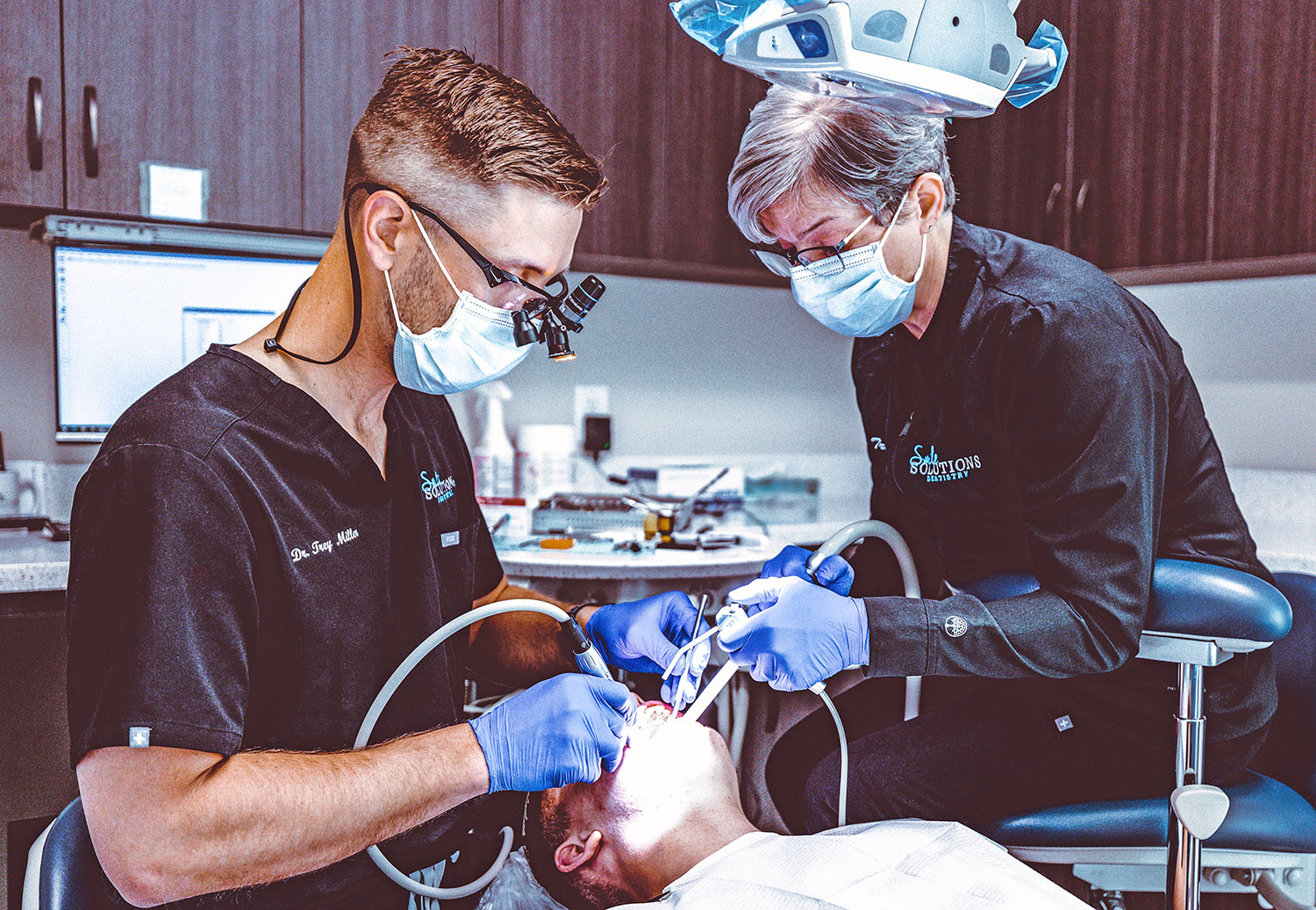The Gory Details of Wisdom Teeth Extraction
Wisdom teeth are those last four molars that appear in the late teenage or young adult years. And for most of us, these teeth create more trouble than they are worth; causing dental health issues, crowding, and misalignment. And so, most dental professionals recommend extracting them. This procedure, like any surgical treatment, requires a certain degree of preparation, understanding, and aftercare. Many patients who are about to get their wisdom teeth extracted worry about the pain that comes with the process. In this blog post, we will explore how painful it is to get your wisdom teeth removed, what to expect during and after the procedure, and some tips for recovery.
The level of discomfort during wisdom teeth extraction varies from person to person.
Factors Affecting Discomfort During Wisdom Teeth Extraction
The level of discomfort during wisdom teeth extraction varies from person to person. It depends on many factors like age, the position of the teeth in the jaw, the experience and expertise of the oral surgeon, and the type of sedation used during the surgery. Some factors can increase the pain threshold. The availability of anesthesia is an excellent pain control option during this procedure. Local anesthesia is the most common option used. General anesthesia is a viable option for anxious patients, those undergoing oral trauma, or those with impacted wisdom teeth. Patients under general anesthesia may sleep through the entire procedure and may have limited memories of what occurred.
After the Procedure
After the procedure, you may experience some pain and discomfort for a few days. Mild tenderness, swelling, and bleeding is normal. Your oral surgeon may prescribe some pain and anti-inflammatory medications to keep you comfortable. The duration of required pain medication depends on the complexity of the surgery and the patient’s health status. The first three days after surgery are the worst, but do not worry. Over-the-counter pain relievers like ibuprofen work well enough to alleviate the pain you may feel.
Below are some tips that can help alleviate pain and promote recovery:
• Apply an ice pack to the affected area for 10-15 minutes at a time for the first 24 hours after surgery.
• Use gauze and bite down on it continuously to help stop the bleeding.
• Avoid hot liquids and chewing for the first few days.
• Rinse your mouth gently with warm saltwater.
• Do not consume alcohol and tobacco products.
Conclusion
In conclusion, getting your wisdom teeth removed may require some preparation, but it is a common dental procedure that can save you from long-term problems like dental crowding, misalignment, and tooth damage. Although pain is associated with the surgery, there are ways to keep it under control. It is crucial to follow the instructions provided by your oral surgeon to ensure proper aftercare and a faster recovery period. Ultimately though, every person’s experience is different. So, if you want more insight into what your extraction might be like, talk to your dentist or oral surgeon. They will give you the information you need tailored to your unique situation.




